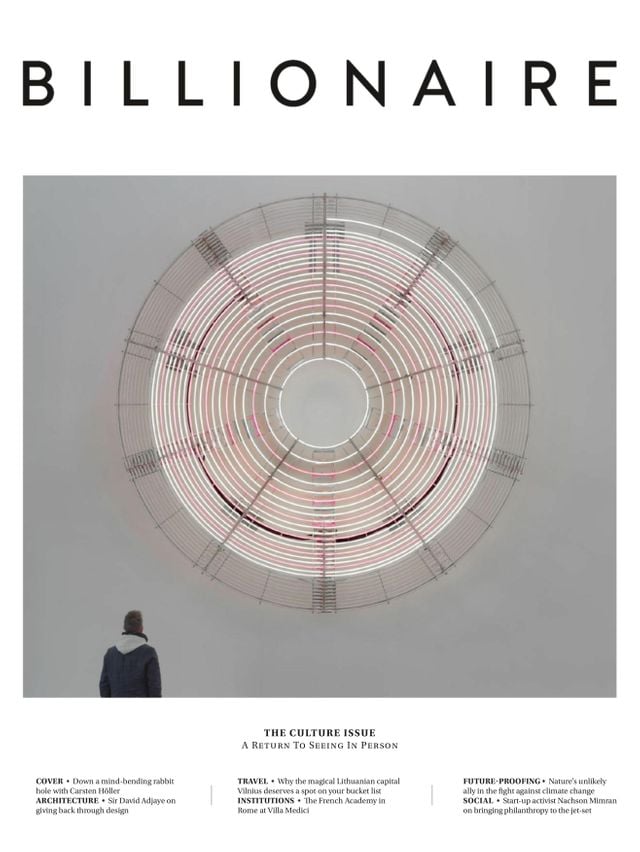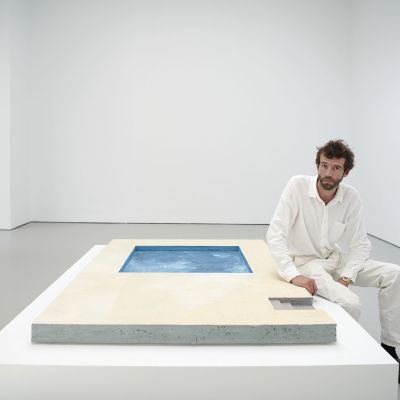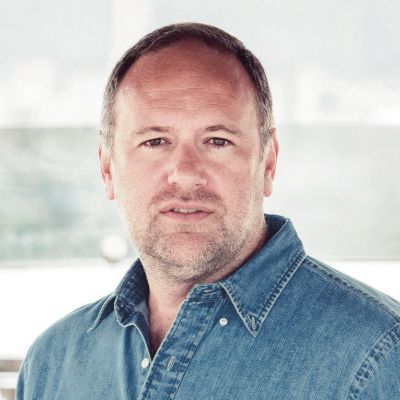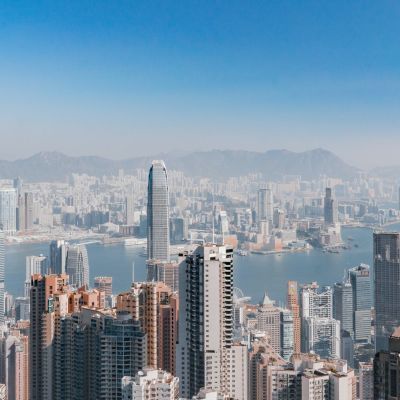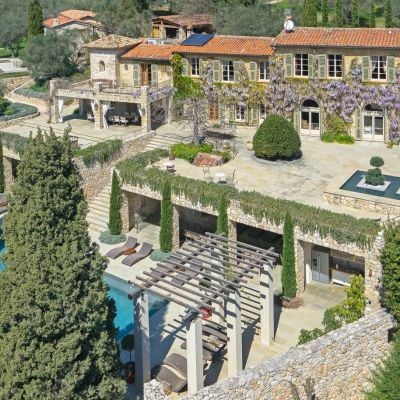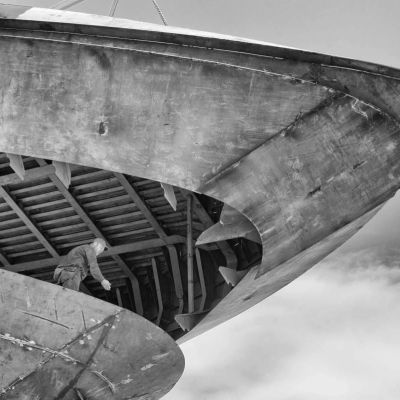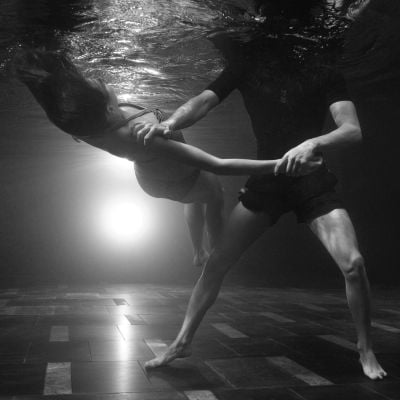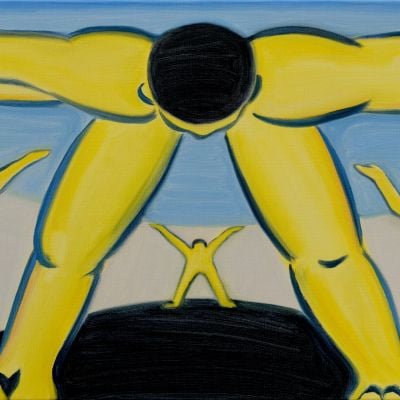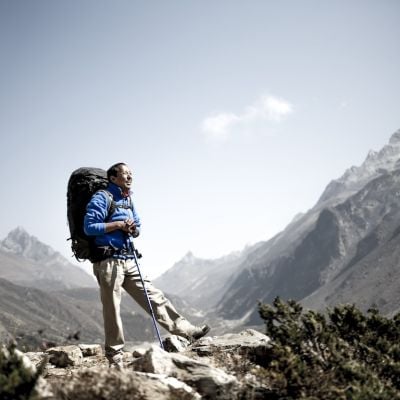The Most Critical Decade of Our Lives
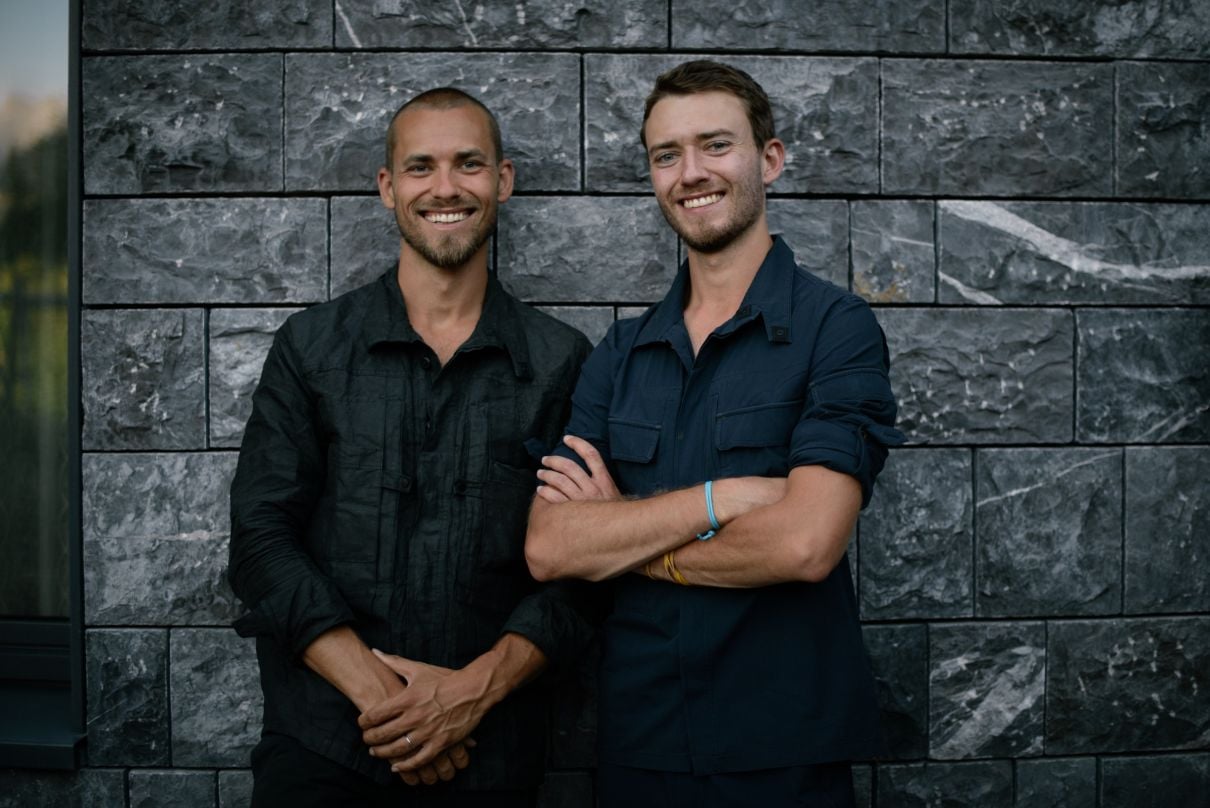
Nachson Mimran is an entrepreneur finding solutions to the most pressing issues on the planet.
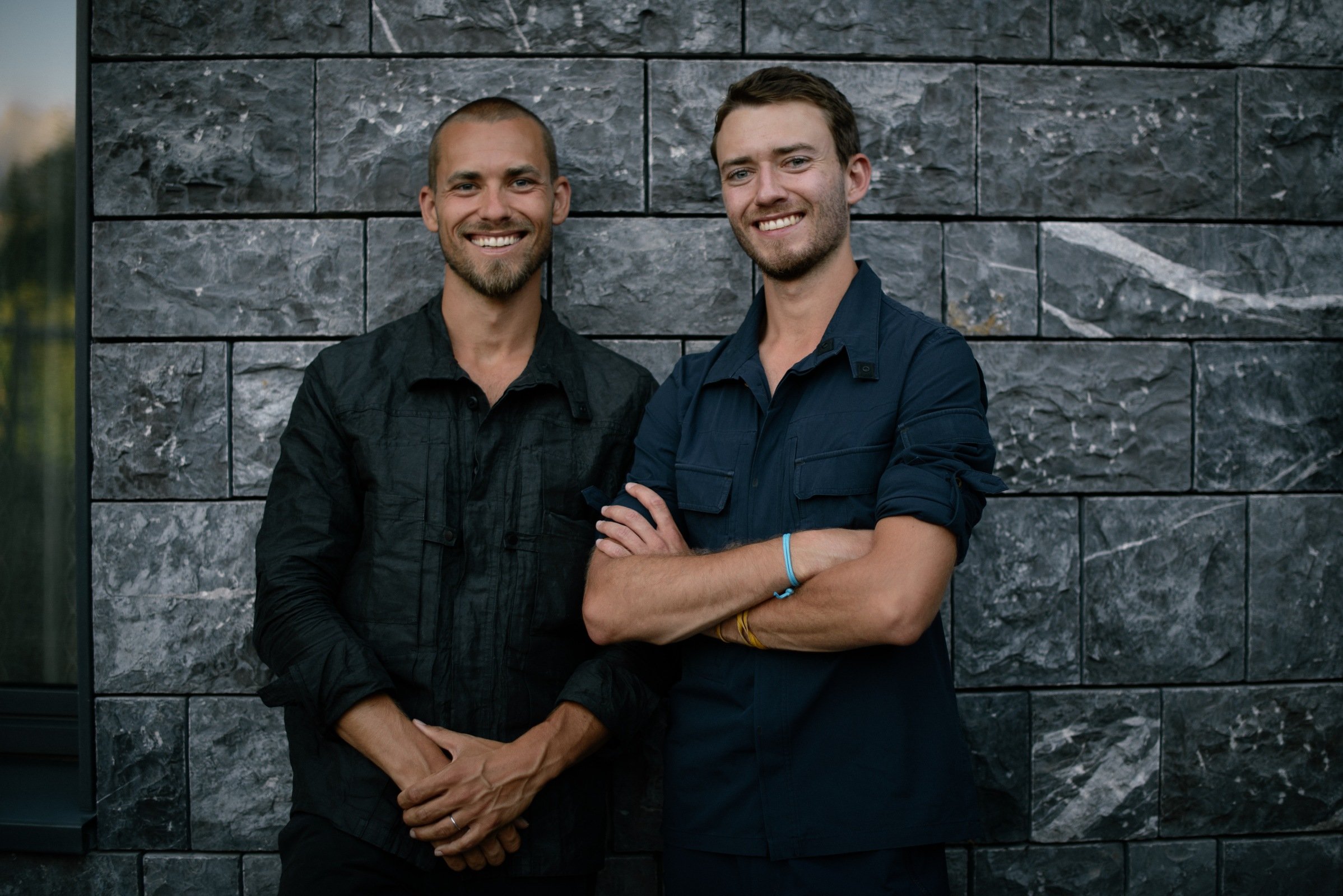
“We have 74,000 hours, give or take, before we reach the point of no return,” says Nachson Mimran leaning across his desk in Gstaad, into the Zoom camera. By the time I sit down to write this story, roughly a fortnight after our conversation, I realise we’re now down by another 300-odd hours.
Nachson is making a serious point about this being the decade that matters. His countdown equates to eight-and-a-half years, the time we have until 2030, the year scientists have agreed that our emissions must be slashed if we want to achieve the Paris climate targets of keeping global warming to well-below two degrees. When you put it like that, it sounds a truly Sisyphean task.
Nachson, though, is one of those people who can give you a feeling of hope, while simultaneously dropping bombshells about our impending doom. But he is no Pollyanna. As a member of a family with a multi-generational agro-industrial business in West Africa, Nachson is one of the few individuals who has the money and wherewithal to do something about the plight of the planet. Tattooed and handsome, warm and eloquent, he describes himself as “a creative activist”, which he defines as “finding joy in the persistent experimentation of approaching solutions to our most pressing issues with a completely open mindset and connecting the most seemingly distant dots”.
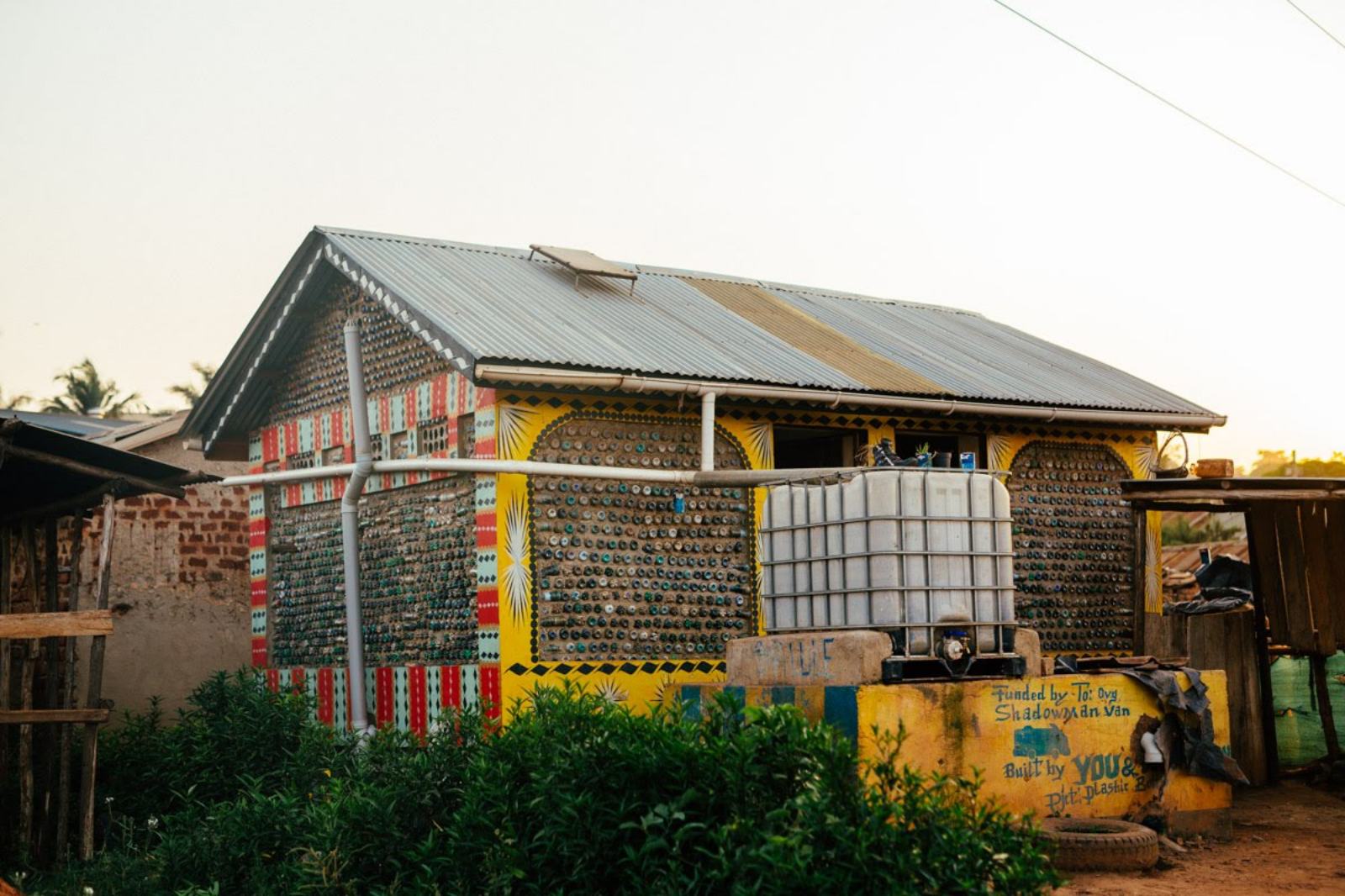
Granted, it might seem a little out there. No doubt, he is a fun-loving blue-sky thinker. But when I press the 33-year-old father of four for detail of what he is doing to slow climate change, he elaborates about his company to.org, co-founded seven years ago with his Princeton-educated brother Arieh (one of four siblings) and it starts to make sense. A three-pronged platform, it is born out of the conviction that to mobilise the most capital, people must be able to make money, do good, and have fun, simultaneously. “We didn’t want to go to the office to make money, then go on humanitarian trips to be good, and then go on vacation to have fun. Can’t this all be embedded into every day of our lives?”
He is right. We are speaking in the same week that Elon Musk and Richard Branson have launched themselves into space, while UN scientists give their starkest warning yet of a ‘code-red climate disaster’. These billionaires could have spent that money on saving the planet but space exploration must have seemed more exciting. “That’s why we need to prove there is no trade-off between doing good, having fun and making a financial return in order for us to change mindsets,” says Nachson.
Giving also needs to be aspirational, he points out. “I would love for philanthropy to be, like, people lining up and trying to get involved with something, but like everything, it needs to be cool, something aspirational for people to follow. Until we have the Kardashians of the world using their platforms to promote good rather than vanity and superficiality, we are not going to get the boost we need.”
Cometh the moment, cometh the man.
To.org’s for-profit part is called ‘Ventures’, investing in, and encouraging others to invest in, businesses that provide a better alternative to the status quo. They have backed 30-odd ‘good’ businesses, ranging from household names such as Beyond Meat, an alternative meat producer, to start-ups such as This is L: an accessible organic period product and condom company.
“We take a venture capital approach and look for founders who are working on some of the world’s biggest societal and environmental issues, with solutions that are monetizable where we can prove to our capitalist world that there is no trade-off between doing and getting financial returns,” says Nachson.
But two years in he realised that not all problems could be solved by for-profit capital. So came the second part: the foundation. “Our foundation is able to support grassroot organisations in refugee camps and slums that do not have the capacity to create 200-page impact reports to satisfy donors.”
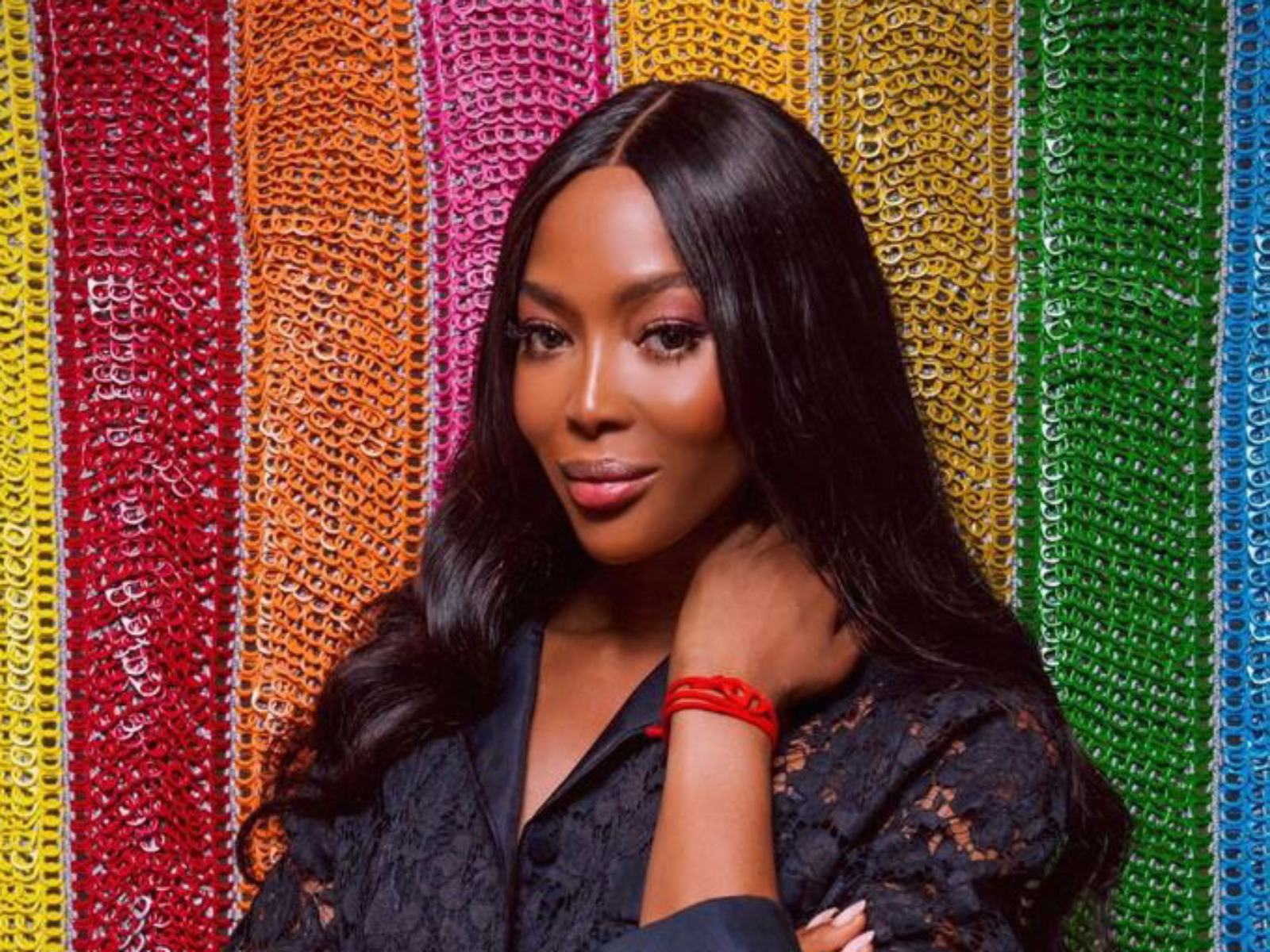
To.org began donating some of the returns from their venture fund to their foundation. Joined by a few like-minded donors, the to.org foundation supports organisations split into three categories; “Land”, such as the greening of the Sahel, “Water”, protecting our oceans with projects such as restoring West Africa’s mangroves and “Home”, in particular creating opportunities for displaced communities in refugee settlements and urban slums. Nachson declines to disclose their annual revenue for the venture fund. “We’re very private, but it is quite substantial now.”
The third part of the equation is Create, which “unlocks” impact and engagement via a broad network of individuals and organisations. And Nachson is not short of a connection or two. He spent the last decade setting up and running The Alpina Gstaad, one of the most luxurious hotels in the world. When it opened in 2012, the 56-room hotel was said to have had an average build cost of US$5 million per room. It is the hangout of billionaires, politicians and Davos regulars.
“Our strongest impact has been in non-tangible ways, just by promoting our vision, to make a lot of money, do a lot of good, and have a lot of fun.” For instance, in the teeth of the pandemic, to.org raised US$100,000 in two days, mainly through Instagram, which was spent on things such as refugee-led mask production, soap distribution and hand-washing stations in Uganda's Nakivale refugee settlement.
Meanwhile at the Alpina Gstaad, to.org has hosted various conversations over the years showcasing forward-thinking conservation projects. It uses the opportunity to promote ‘#TOGETHERBANDS’ (a collaboration led by Bottletop, one of to.org’s portfolio companies) simple bracelets which are sold with the aim of amplifying the UN’s Sustainable Development Goals such as Gender Equality, Zero Hunger and Affordable Clean Energy. Each purchase comprises a pair of bracelets, one for you and one for a friend, which are handmade in Nepal from humanium: a metal created by upcycling decommissioned illegal firearms seized in Central America, and upcycled ocean plastic.
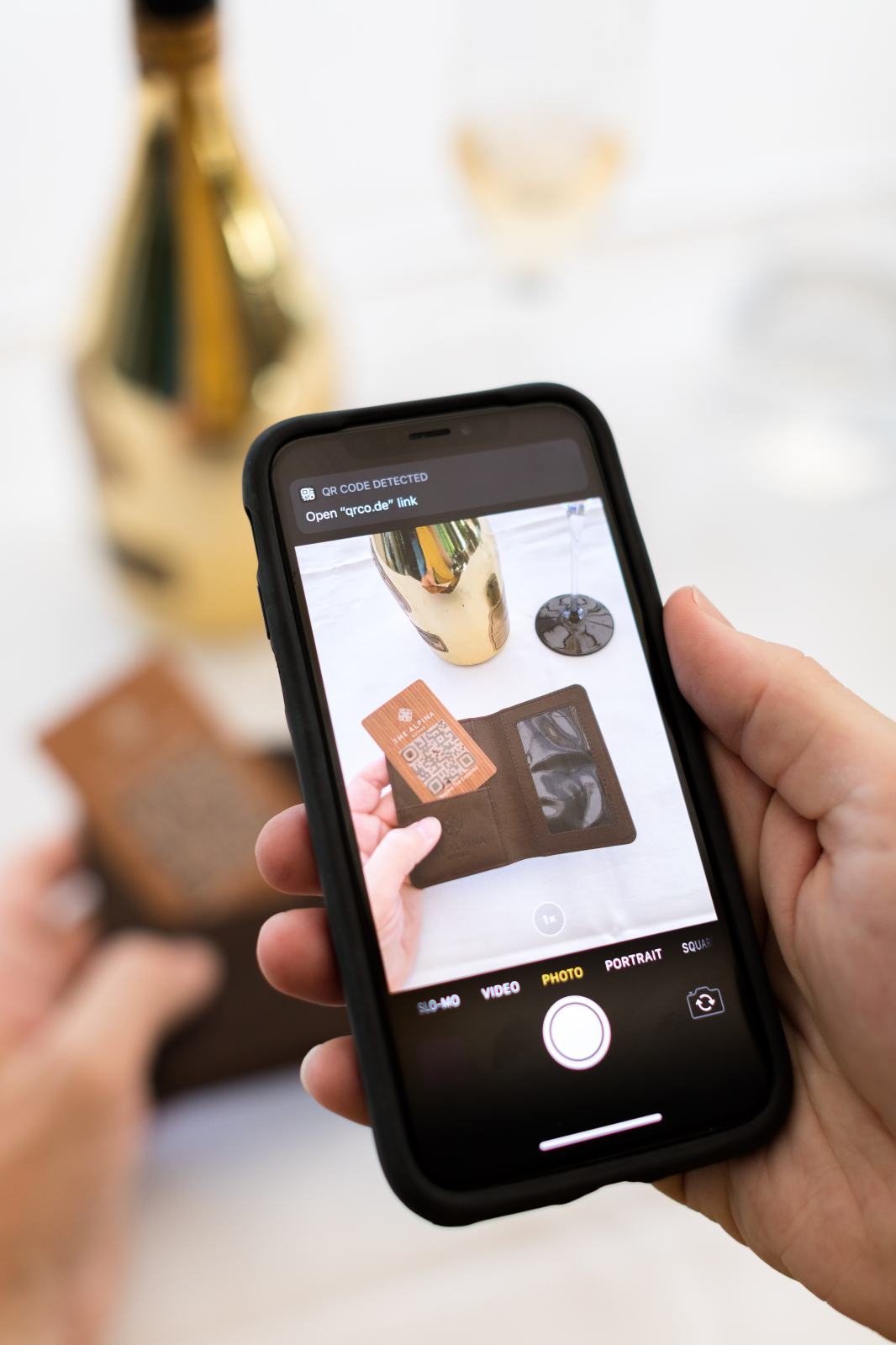
Nachson also feels strongly that we shouldn't make people feel guilty about having fun, that conversely we should connect fun to philanthropic giving, and encourage both. He recalls a holiday in the south of France where a young man approached him, having recognised him from Instagram. “He said he really wanted to be involved in to.org but was quite tipsy from drinking champagne all day, so could we speak tomorrow.” Ahead of their meeting Nachson arranged for him to have a “personalised philanthropic experience” created through a platform called Heroe5 (heroe5.org), so that every time he bought a bottle of champagne, he offset it with a donation to a clean-water charity. “We offset our flights so why not the rest of our lifestyle? If you can stay a night in a hotel, you can afford to donate a US$10 mattress. We want to say, it’s okay to spend on champagne, and indulge, enjoy luxuries if you’ve worked hard, but it is important to understand your role in giving back too.”
Nachson and Arieh’s path was strongly shaped by their mother Debra’s sudden death in 2013, who died at the age of 54 after a horse riding accident in Patagonia. “When our mother passed away it inspired us to change our course as young entrepreneurs.” It was she who inspired them to “be the best you can today”.
And despite being confronted with the scale of the problems at hand daily, Nachson remains extremely hopeful. “The truth is we have time, but not that much. If we rally round the three main pillars of climate change, extreme poverty and reducing inequalities. If we work on those over the next 74,000 hours, I do believe we will get to a point of potential equilibrium.”
This article originally appeared in Billionaire's Culture Issue, Autumn 2021. To subscribe contact

